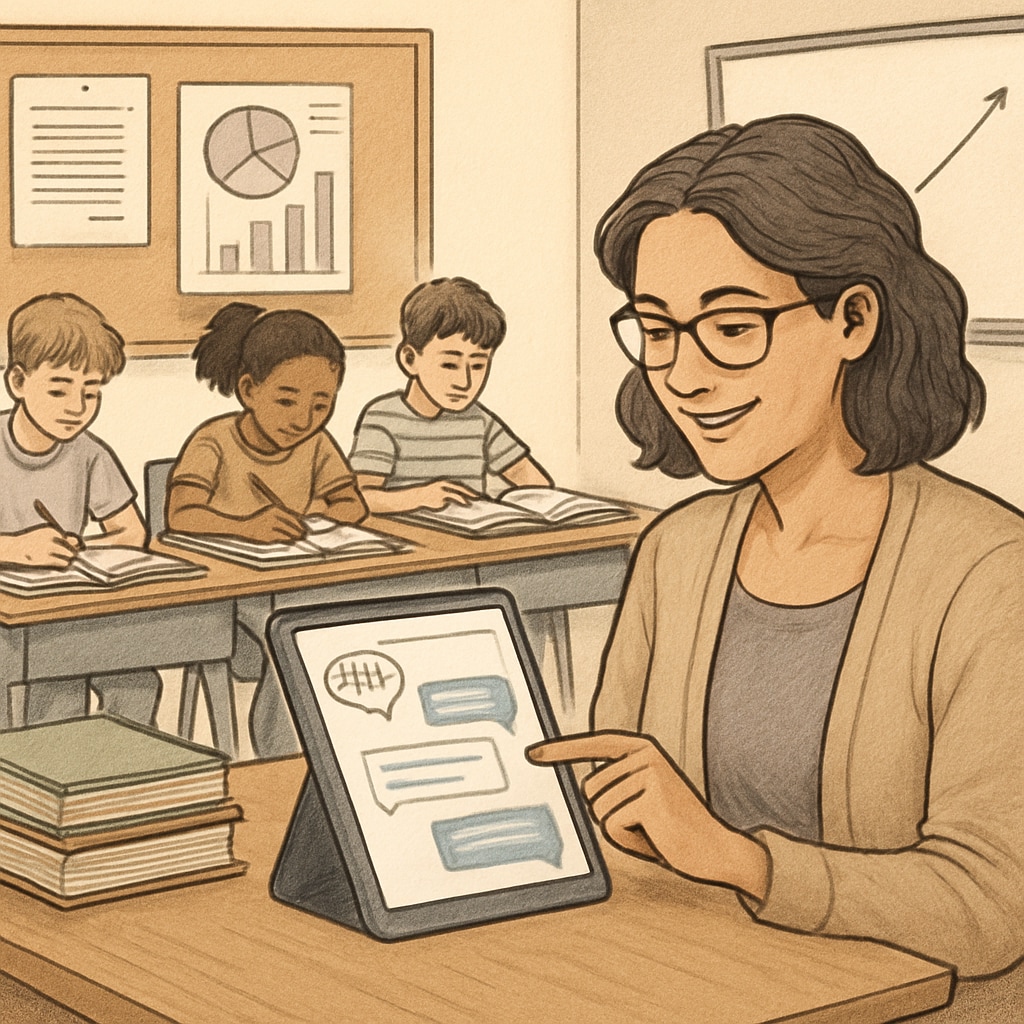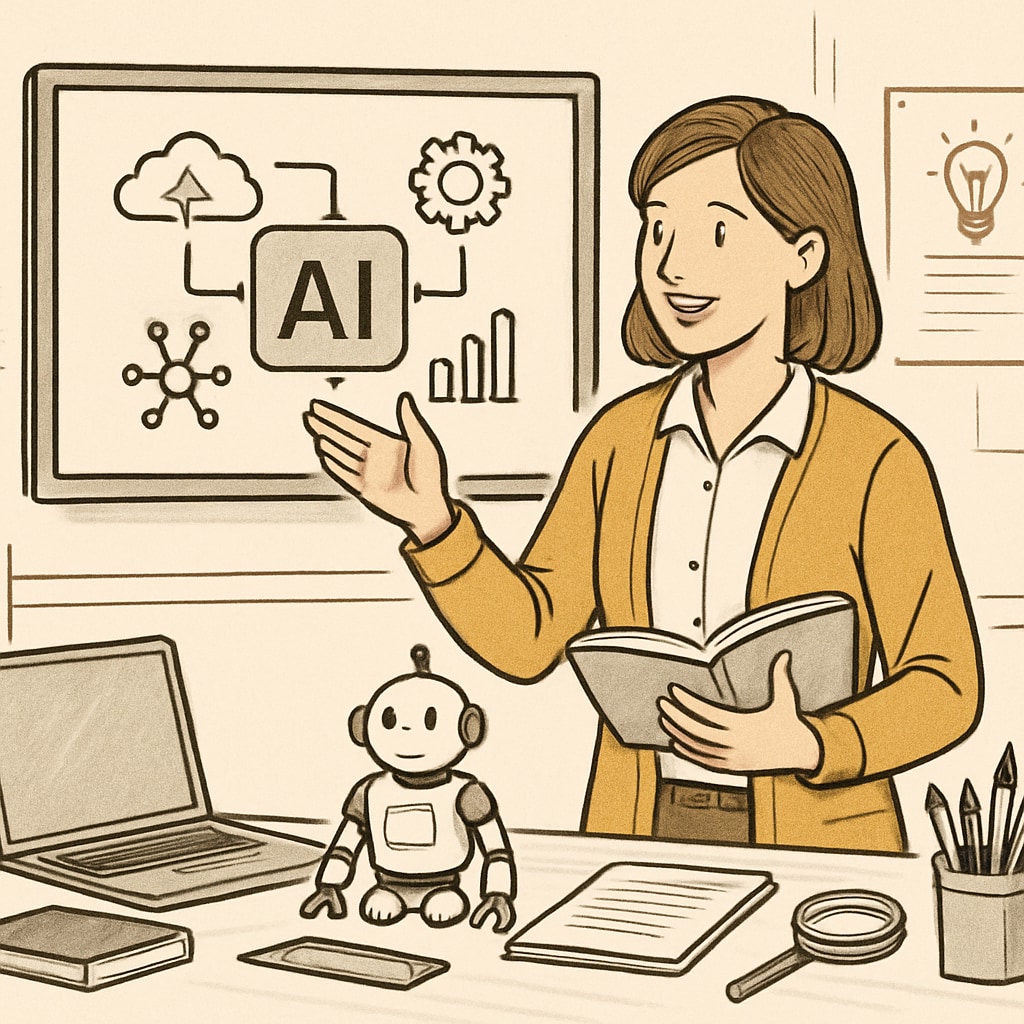As artificial intelligence (AI) technologies like Google Gemini rapidly integrate into education, the roles and responsibilities of teachers are undergoing a fundamental transformation. From automated grading systems to personalized learning algorithms, these tools promise efficiency but raise significant questions about teacher value, compensation, and the skills educators must develop to stay relevant. In this article, we analyze how AI impacts the teaching profession and explore strategies for teachers to redefine their roles in the AI-driven era.
The Role of Teachers in AI-Enhanced Education
Historically, teachers have been the cornerstone of education, responsible for lesson planning, grading, and fostering student growth. However, AI technologies such as adaptive learning platforms and automated assessment tools are encroaching on these traditional tasks. For example, Google Gemini can generate customized lesson plans based on individual student needs, potentially reducing the time teachers spend on preparation. Similarly, AI-powered grading systems offer instant feedback, streamlining the evaluation process.
While these advancements enhance efficiency, they risk undermining the human touch that educators bring to their work. Teachers also play a vital role in emotional and social development, qualities that AI cannot replicate. Therefore, the challenge lies in striking a balance between embracing technology and preserving the irreplaceable aspects of teaching.

Redefining Professional Value in the AI Era
One of the most pressing concerns is how AI affects teachers’ professional value. The ability of AI to automate routine tasks may lead to the perception that teachers are less essential, potentially impacting job security and salaries. However, educators can counter this by positioning themselves as indispensable facilitators of holistic education—combining technology with their expertise in emotional intelligence and critical thinking.
To maintain their professional value, teachers should focus on developing “tech-savvy” skills. These include understanding how AI systems work, learning to integrate them effectively into the classroom, and ensuring they complement rather than replace their teaching methods. Professional development programs emphasizing AI literacy can be instrumental in achieving this goal.
In addition, educators can advocate for fair compensation by highlighting their evolving roles. As teachers adapt to manage AI tools and interpret data-driven insights, their responsibilities become more specialized, warranting a reevaluation of salaries to reflect these changes.

Challenges and Opportunities for Fair Compensation
AI’s impact on teacher salaries is complex. While automation may reduce the demand for certain tasks, specialized educators skilled in AI integration could see increased earning potential. For instance, schools may invest in educators who can harness AI to improve learning outcomes, positioning these individuals as valuable assets.
However, achieving fair compensation requires collective action. Teachers can work with unions and education boards to negotiate updated pay scales that account for their expanded roles in an AI-driven system. Additionally, governments and educational institutions must allocate resources for ongoing professional development, ensuring teachers are equipped to meet the demands of modern classrooms.
Ultimately, the integration of AI into education should not diminish the importance of teachers but rather enhance their ability to focus on what truly matters—nurturing students’ growth, creativity, and resilience.
Conclusion: Embracing Change and Advocating Value
The rise of AI in education presents both challenges and opportunities for teachers. By embracing technology and advocating for their evolving professional roles, educators can redefine their value in this rapidly changing landscape. Schools and policymakers must also support teachers by providing fair compensation and resources for skill development. Together, these efforts will ensure that the teaching profession remains vital and respected in the AI era.
As we look toward the future, it is clear that teachers are not being replaced by AI but are instead being called to adapt and thrive alongside it. The synergy between human expertise and technological innovation will shape the next generation of education.
Readability guidance: The article uses short paragraphs and includes lists summarizing main ideas. Transitions like “however,” “in addition,” and “as a result” are incorporated to improve flow. Complex sentences are minimized, and active voice is prioritized.


